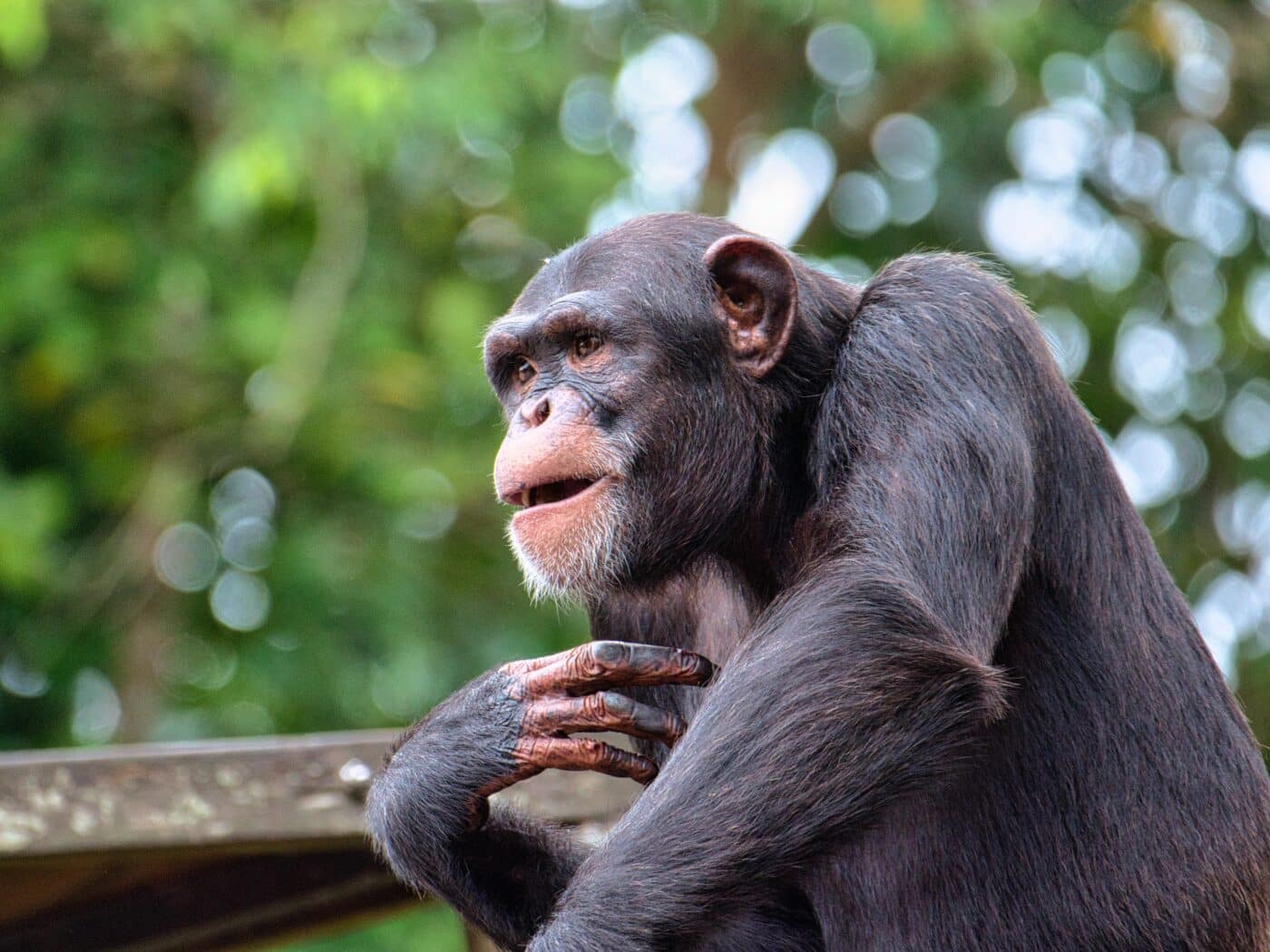 Shutterstock
Shutterstock
Keeping exotic animals as pets may seem fascinating, but some come with serious risks. While the uniqueness of creatures beyond cats and dogs is appealing, certain animals are inherently dangerous and unpredictable, regardless of training. These pets can challenge even the most skilled owners, from powerful big cats to venomous reptiles. Understanding these animals’ risks is essential for the owner’s safety and the creature’s well-being, as these extraordinary pets require more than typical household care and often retain their wild instincts.
Tigers
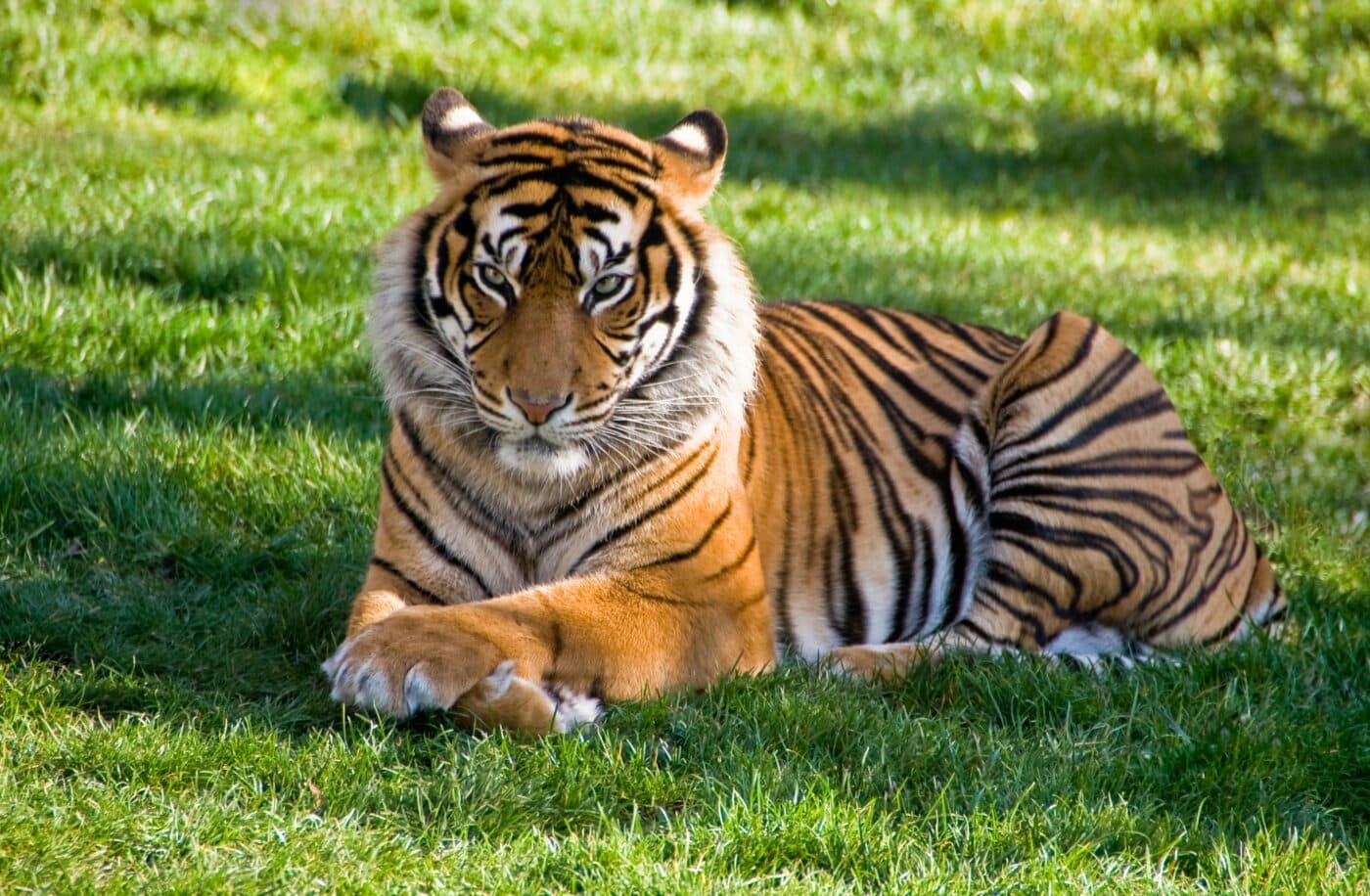 Shutterstock
Shutterstock
Owning a tiger might sound exciting, but these massive predators are incredibly dangerous, even when raised in captivity. Tigers are powerful and have unpredictable instincts that can trigger at any moment, especially if they feel threatened or stressed. Tigers require expansive spaces, specific diets, and constant care, which most private owners cannot provide adequately. Despite the appeal of their exotic beauty, tigers maintain their natural predatory instincts and have been involved in numerous attacks on owners and handlers. Their sheer strength and size make them difficult to manage, and their potential for harm is undeniable.
Alligators
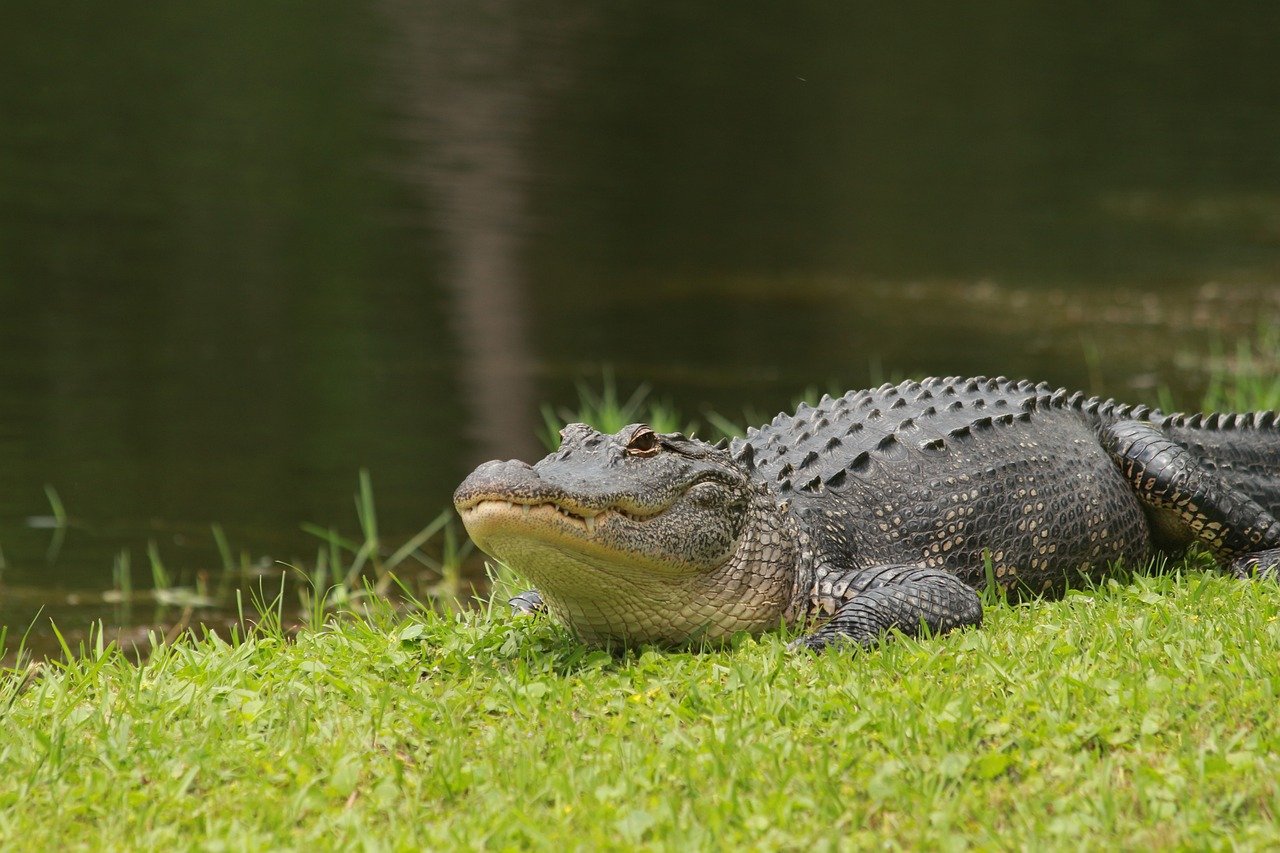 Shutterstock
Shutterstock
With their powerful jaws and immense strength, alligators are not suitable pets for the average person. While some people are drawn to owning these prehistoric-looking reptiles, they are known for being aggressive, particularly during feeding. Alligators can grow over 10 feet long and require specialized habitats to keep them safe and secure. Even experienced handlers can have difficulty managing these animals, as their powerful bite can easily cause severe injury or death. Their unpredictability and natural hunting instincts make them a challenging and often dangerous choice as a pet.
Venomous Snakes
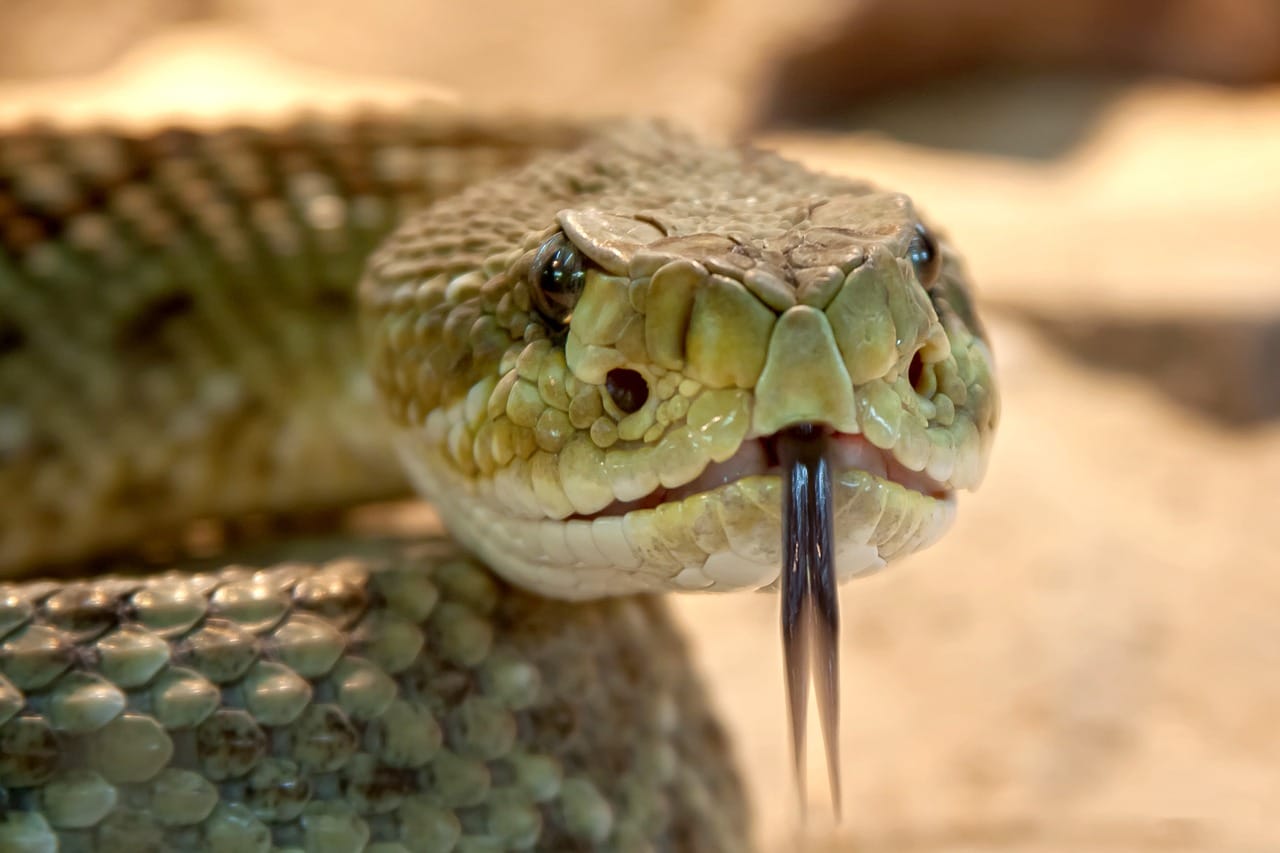 Shutterstock
Shutterstock
Venomous snakes like cobras, vipers, and rattlesnakes are popular among some exotic pet enthusiasts, but their venomous bites can be fatal. Handling these snakes requires expertise; even minor mistakes can lead to life-threatening situations. Many species are highly aggressive and defensive, particularly when they feel threatened. While antivenoms are available for some species, access is often limited, making a bite from a venomous snake especially dangerous. Venomous snakes require specialized enclosures and handling techniques, and even with these precautions, the risk remains substantial.
Wolves
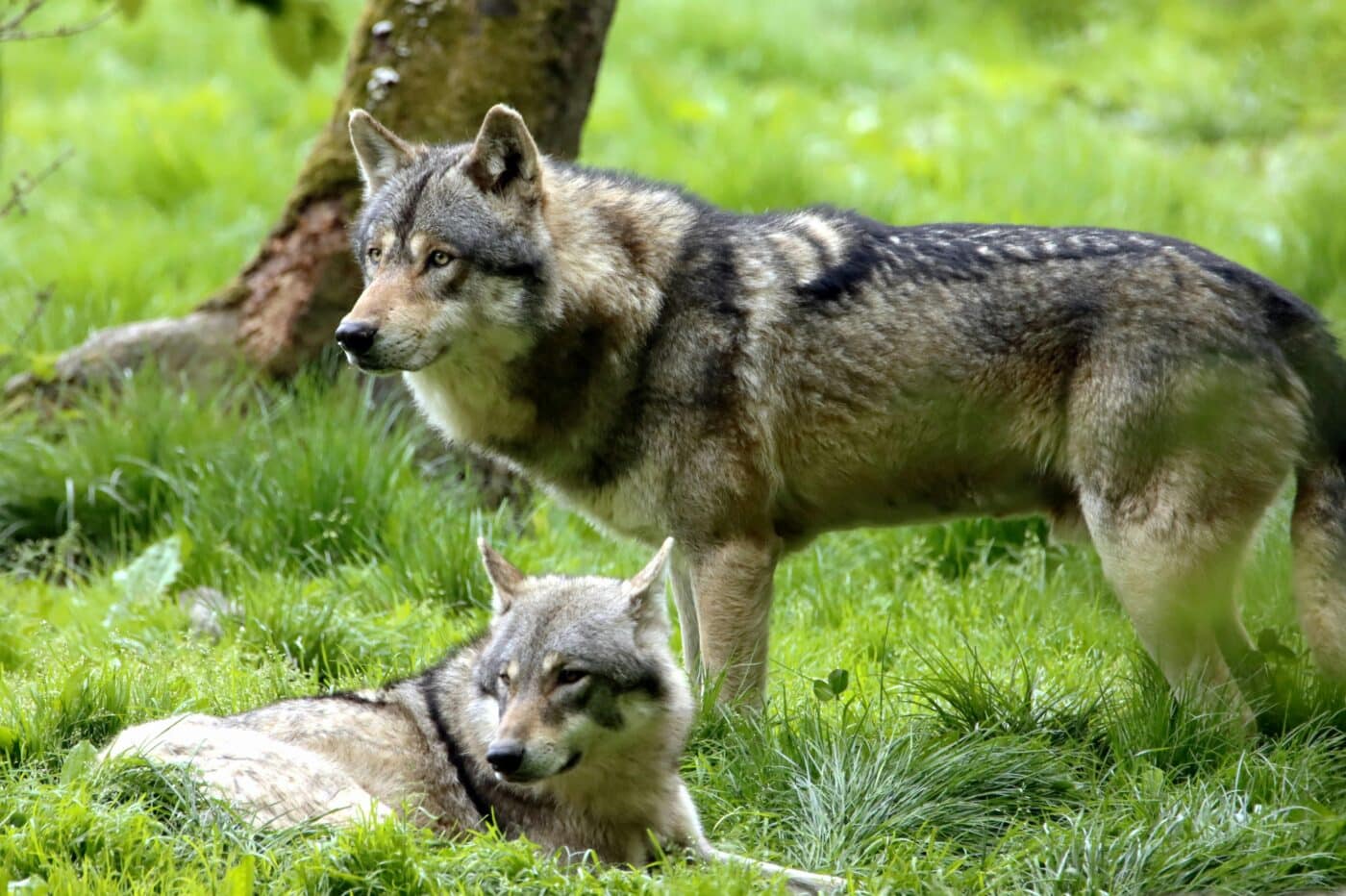 Shutterstock
Shutterstock
Wolves are wild animals with strong pack instincts, making them difficult to domesticate. Although some attempt to raise wolves as pets, their natural behaviors and strong prey drives remain intact. Wolves require constant mental and physical stimulation and ample space to roam. Unlike domesticated dogs, wolves are unpredictable and aggressive, especially around unfamiliar people or other animals. Their powerful jaws and territorial instincts pose a serious risk, and they are known for their ability to escape enclosures. Owning a wolf is dangerous and challenging for both the animal and the owner.
Chimpanzees
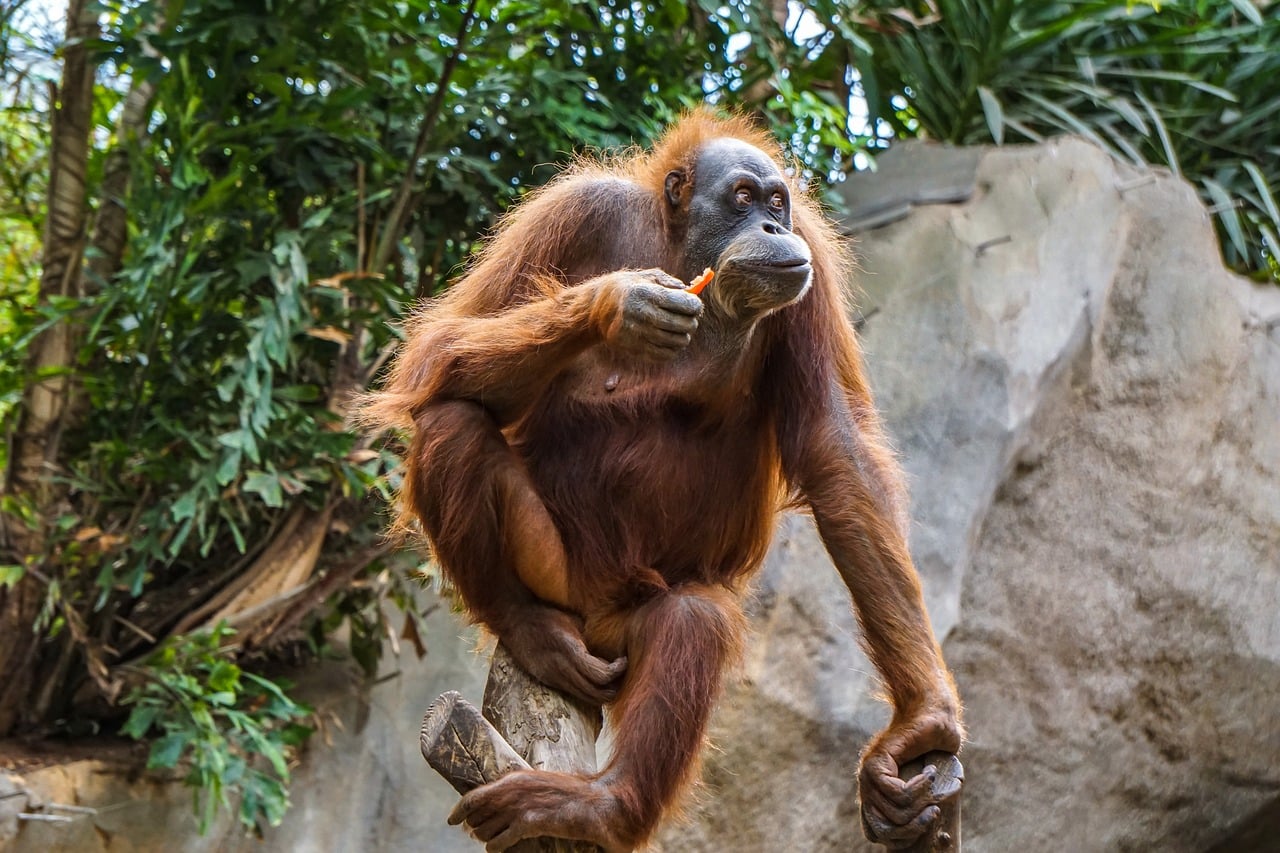 Shutterstock
Shutterstock
Chimpanzees are intelligent and social animals, making them fascinating and incredibly risky pets. Despite being closely related to humans, they have immense physical strength and can exhibit aggressive behavior, particularly as they reach maturity. Chimpanzees are known for their strong, sometimes violent reactions when they feel threatened or frustrated, and their bites can cause severe injury. They are also prone to mood swings and are difficult to manage in a household environment. Many owners find them unmanageable as they age, leading to dangerous situations for both the chimpanzee and the humans involved.
Big Cats (Lions, Leopards)
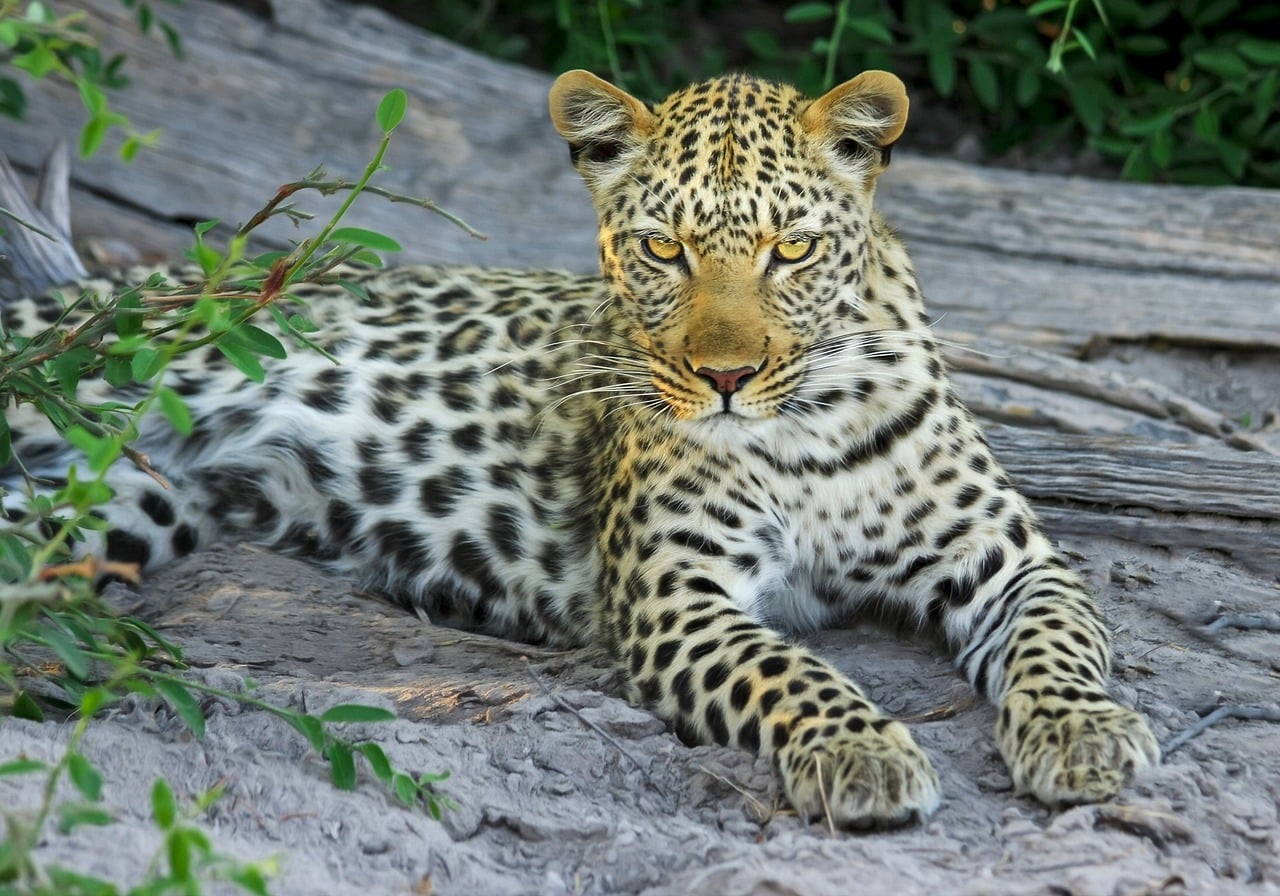 Shutterstock
Shutterstock
Lions and leopards are majestic, but their strength, sharp claws, and predatory instincts make them incredibly dangerous. Unlike domesticated cats, big cats are hard to train and can become aggressive without warning. Their size and physical power make it nearly impossible for a private owner to control them if they become hostile. Big cats require specialized diets, large habitats, and extensive training to be safely handled, which are resources most people cannot provide. Owning a big cat as a pet is not only risky but often results in harm to both the animal and the owner.
Bears
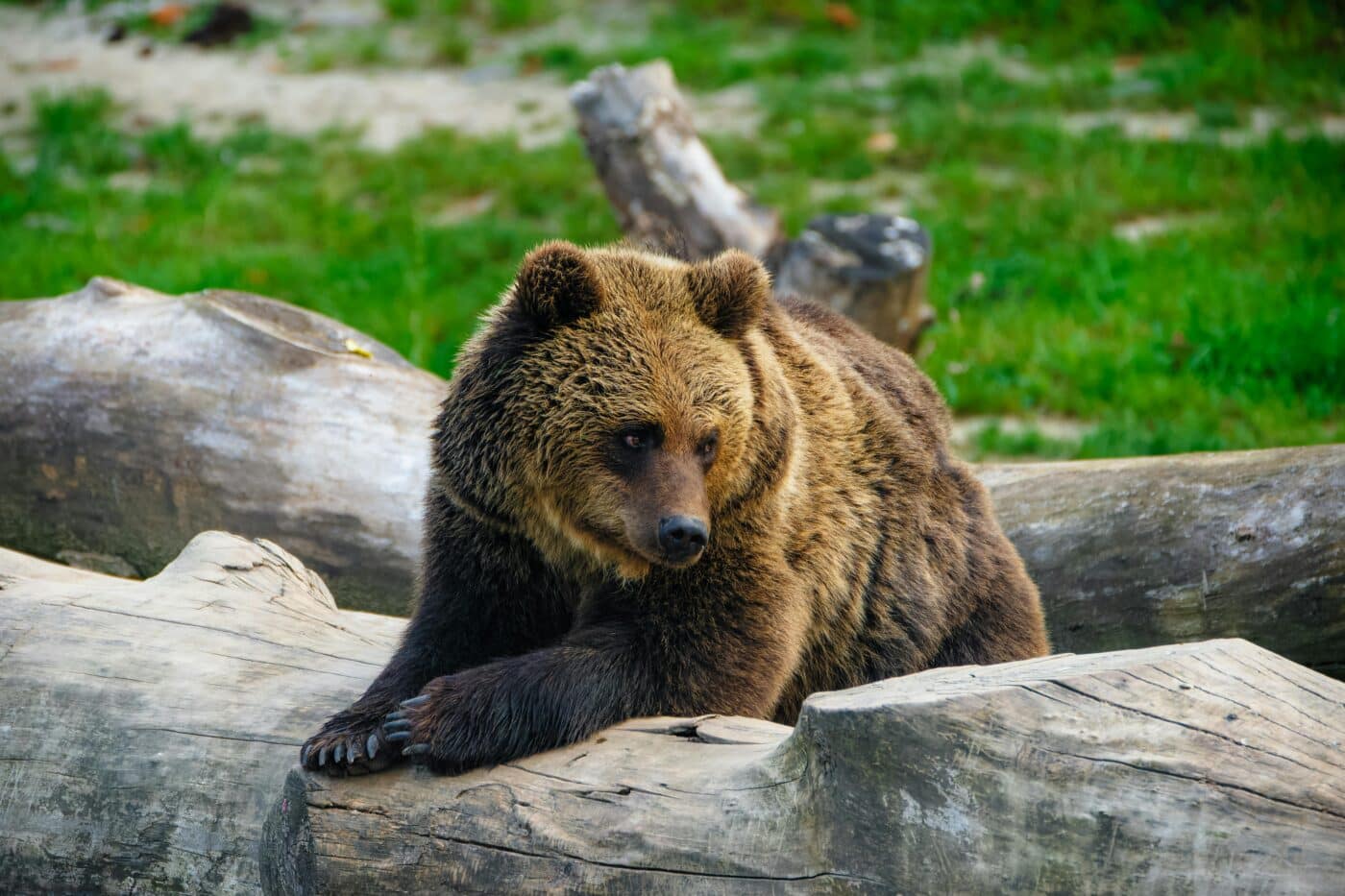 Shutterstock
Shutterstock
Despite their somewhat cuddly appearance, bears are among the most dangerous animals people keep as pets. They are incredibly strong and unpredictable, able to cause severe harm with a single swipe of their paw. Bears are omnivorous and require a large diet, which makes them challenging to care for. Their territorial and aggressive nature, particularly during feeding, makes them risky animals to keep in a domestic setting. Many incidents have shown that bears can turn on their owners, especially as they grow older and their natural instincts become more pronounced.
Crocodiles
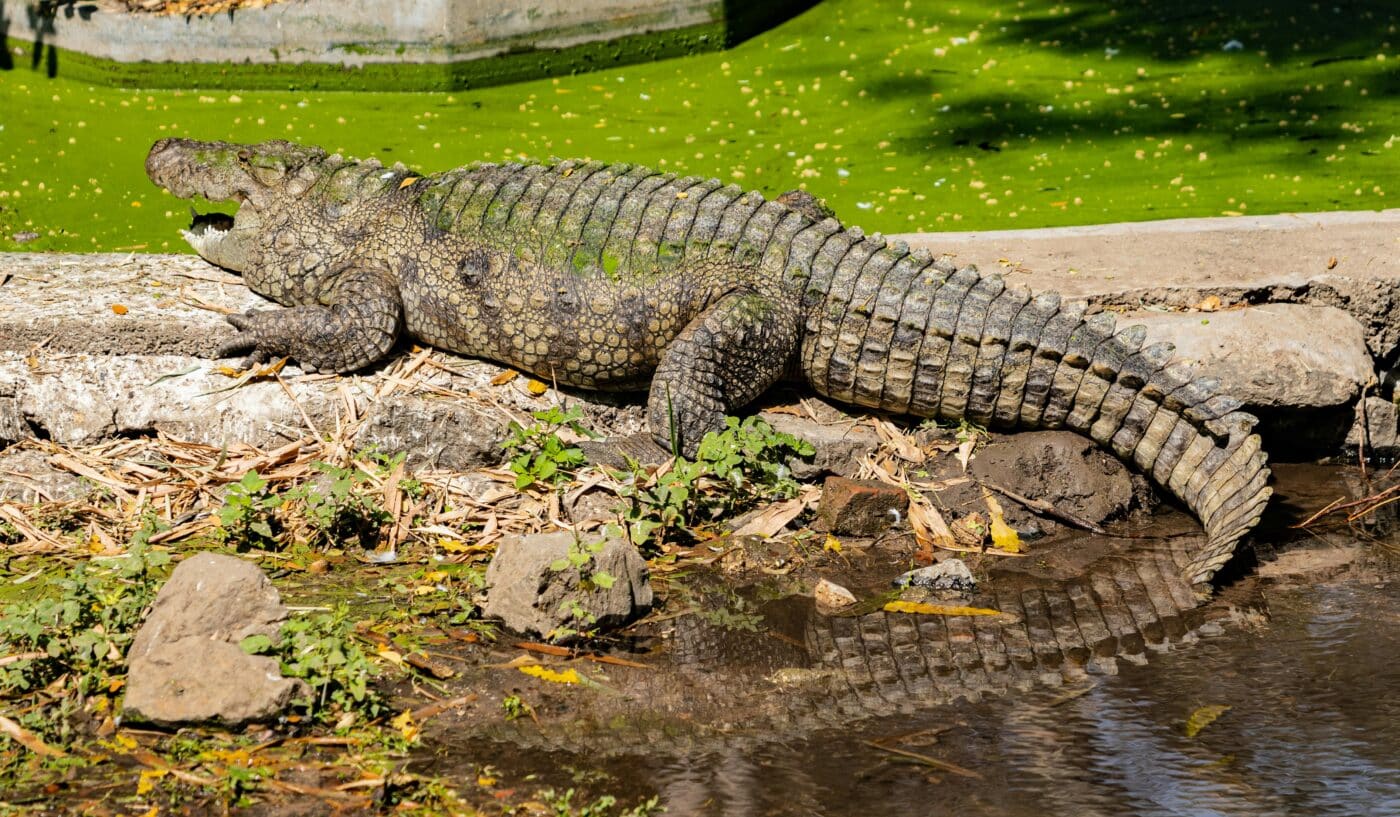 Shutterstock
Shutterstock
Similar to alligators, crocodiles are formidable reptiles with strong predatory instincts. Crocodiles are known for their powerful bite force and can become aggressive, especially in confined spaces. They are difficult to handle, require large enclosures with specific temperatures and water features, and are illegal to own in many areas. Crocodiles are also known for their ability to “wait and ambush,” which can lead to dangerous encounters if an owner isn’t cautious. Owning a crocodile as a pet poses a high risk, and handling one requires significant expertise and constant vigilance.
Hyenas
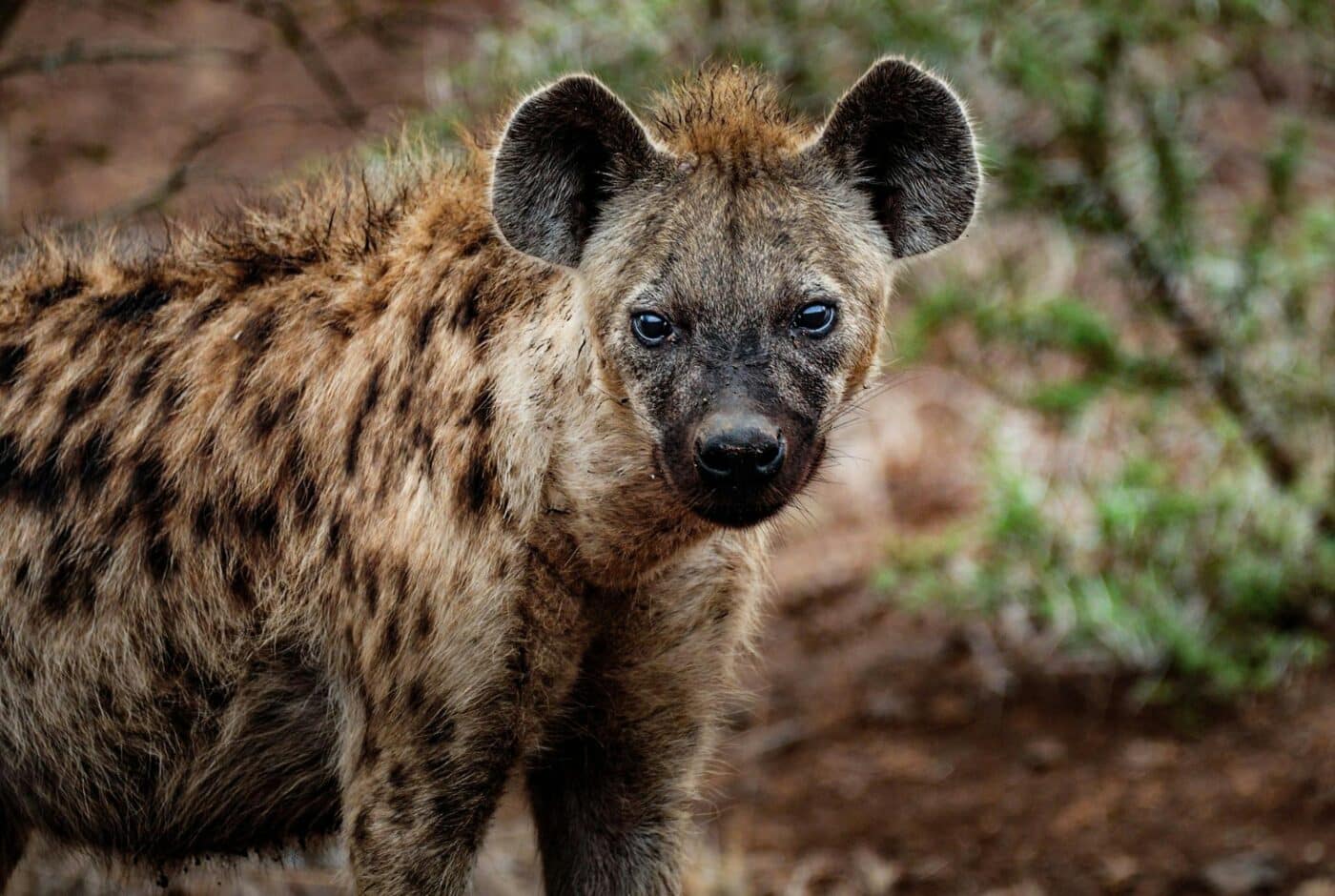 Shutterstock
Shutterstock
While often portrayed as scavengers, hyenas are skilled hunters with powerful jaws and complex social behaviors. They can be aggressive and territorial, especially in unfamiliar settings or around new people. They require constant mental stimulation, large spaces, and a carefully controlled diet. Their strength and unpredictability make them dangerous, and unlike domesticated animals, they are not easy to train or socialize. Keeping a hyena as a pet is challenging and poses serious risks due to their naturally wild instincts and aggressive tendencies.
Scorpions
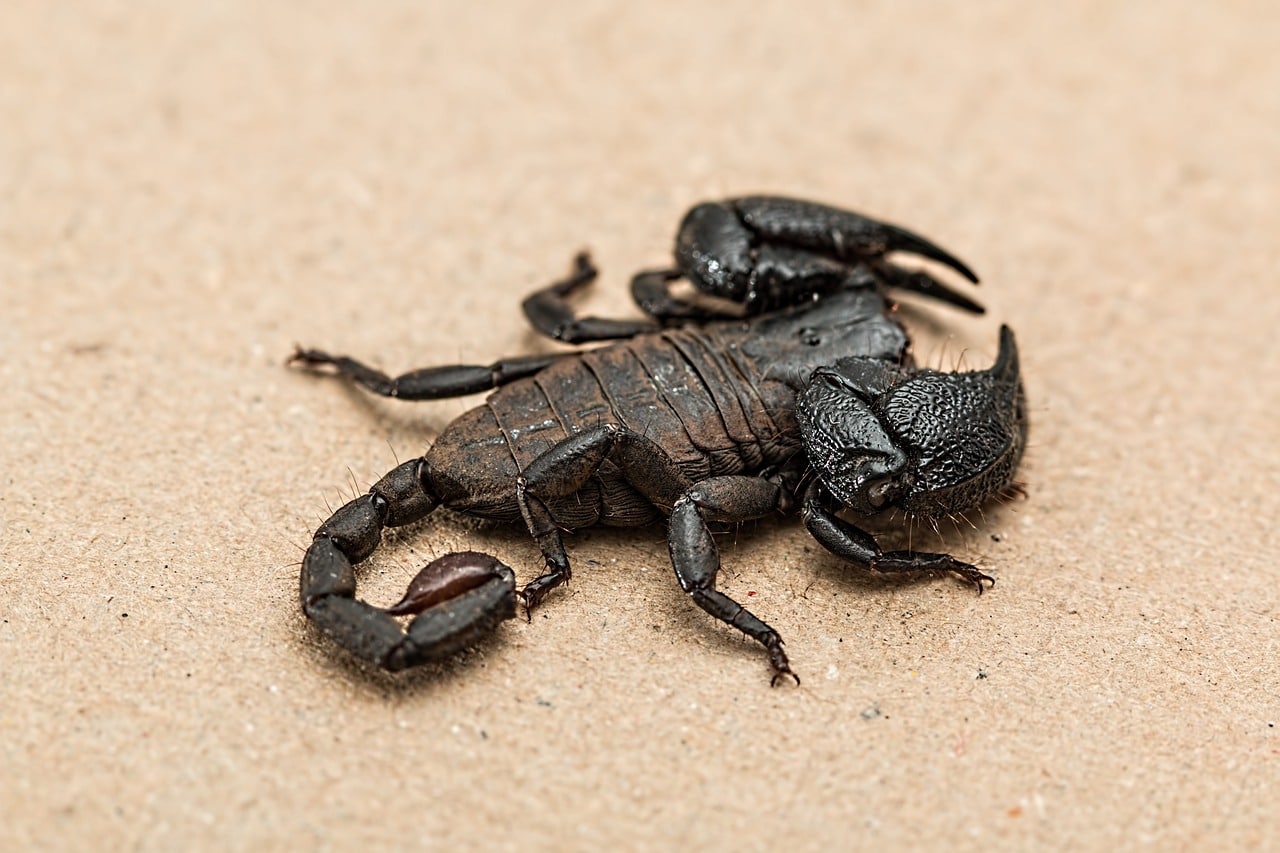 Shutterstock
Shutterstock
While scorpions are much smaller than other animals on this list, certain species can deliver venomous stings that cause severe pain and, in some cases, life-threatening reactions. Many people keep scorpions, such as the emperor or bark scorpion, as exotic pets, but handling them requires extreme care. Scorpions are nocturnal and prefer to be left alone, and handling them increases the risk of getting stung. While not all scorpions are deadly, the more venomous species can pose significant health risks to owners and anyone else who may contact them.
Poison Dart Frogs
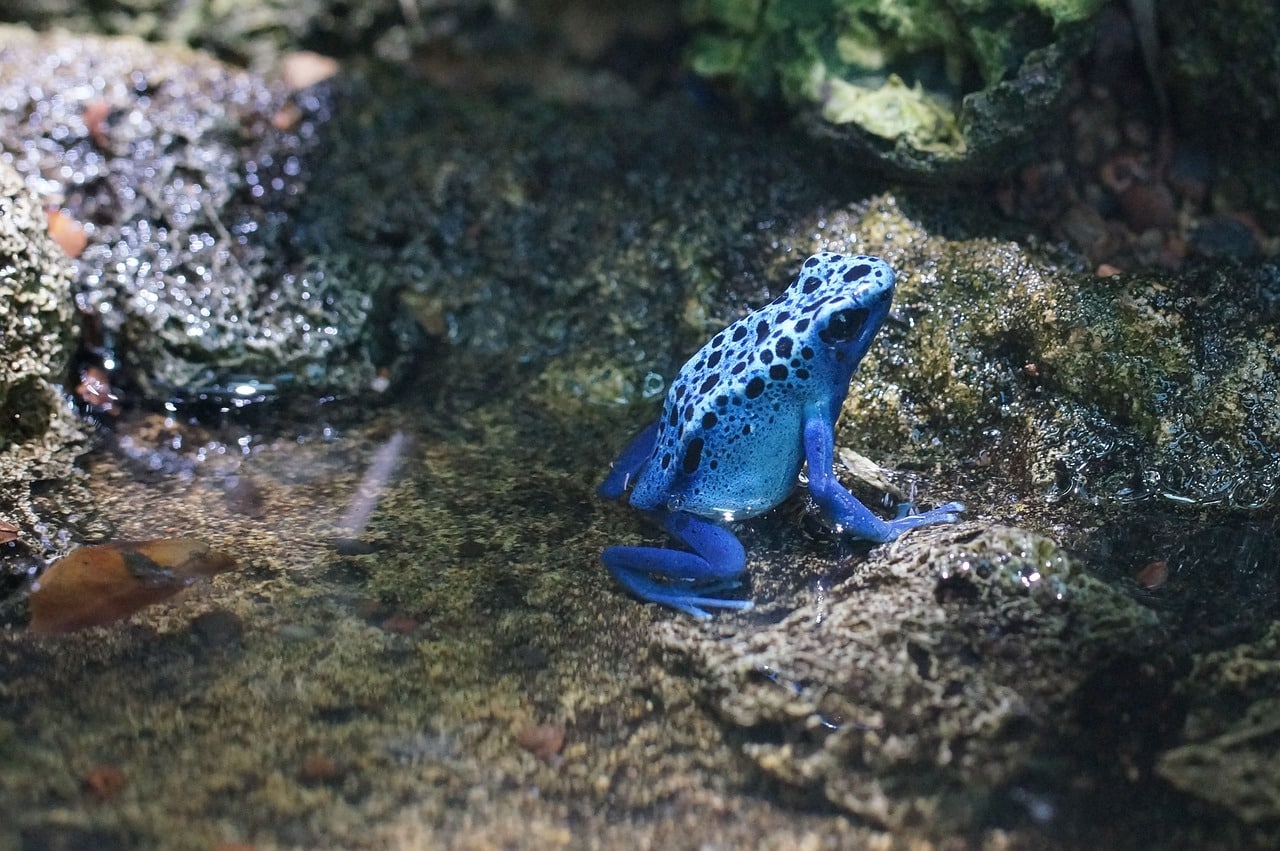 Shutterstock
Shutterstock
Poison dart frogs are colorful and visually striking, but their skin secretes toxins that can be lethal if touched. These frogs get toxicity from their natural diet in the wild, but even captive-bred frogs can pose a risk. Handling poison dart frogs requires careful, minimal contact, as their toxins can affect human health. While their small size makes them seem harmless, their potent poison makes them one of the most dangerous pets. Although they may be safe if never touched, the risk remains high, especially if proper safety protocols are not followed.
When Your “Pet” Might Think You’re Lunch
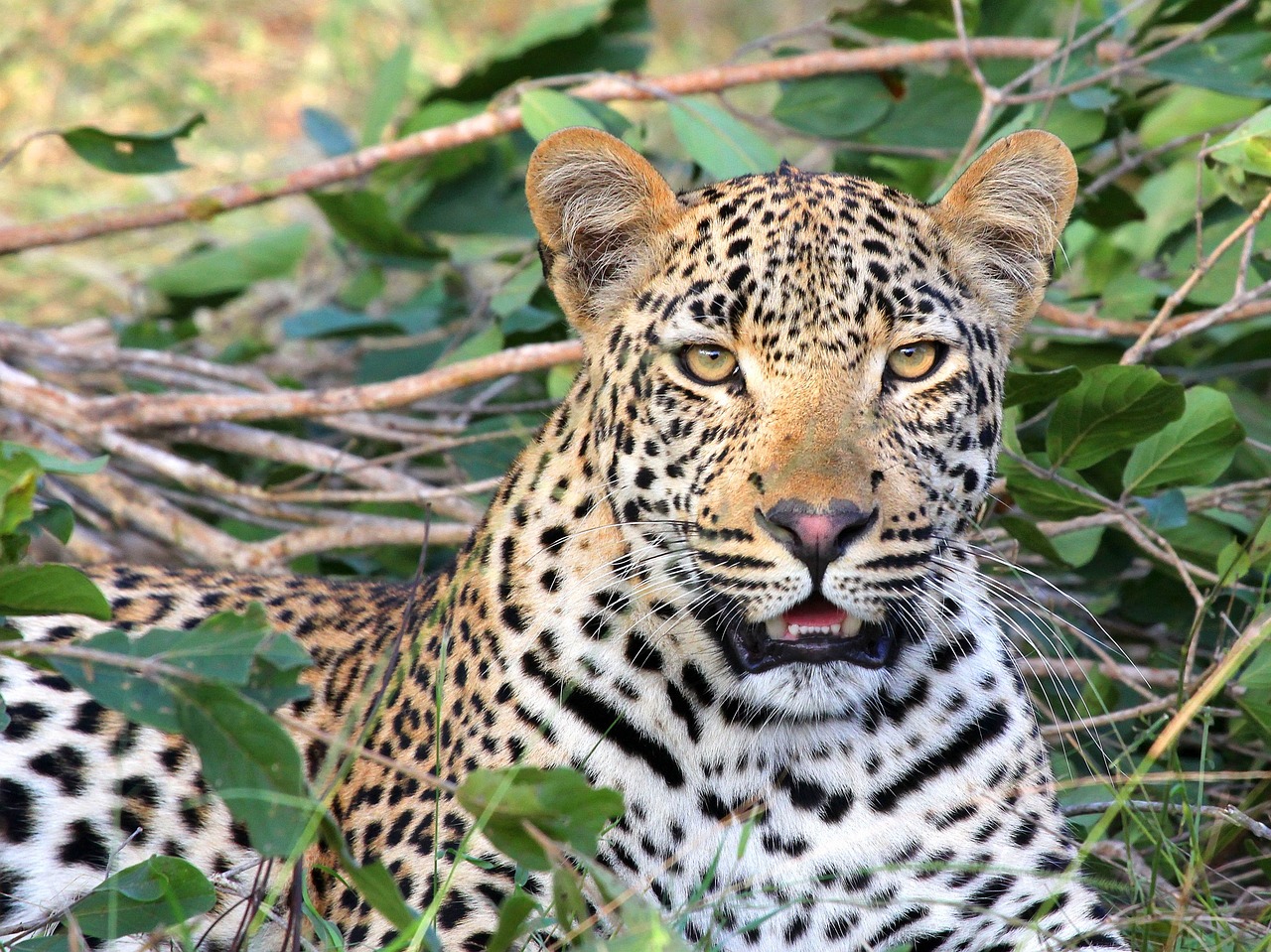 Shutterstock
Shutterstock
Keeping exotic animals as pets can be intriguing, but it comes with risks that require serious consideration. From massive predators like tigers to venomous creatures like scorpions, these animals retain their wild instincts despite captivity. They can pose significant challenges regarding care, space, and safety, making them unsuitable for typical households. While owning an exotic animal might seem thrilling, the reality is often dangerous. Respecting their natural behaviors and habitats can help ensure safety for both people and the animals themselves, who deserve the right environment to thrive.

 4 weeks ago
28
4 weeks ago
28




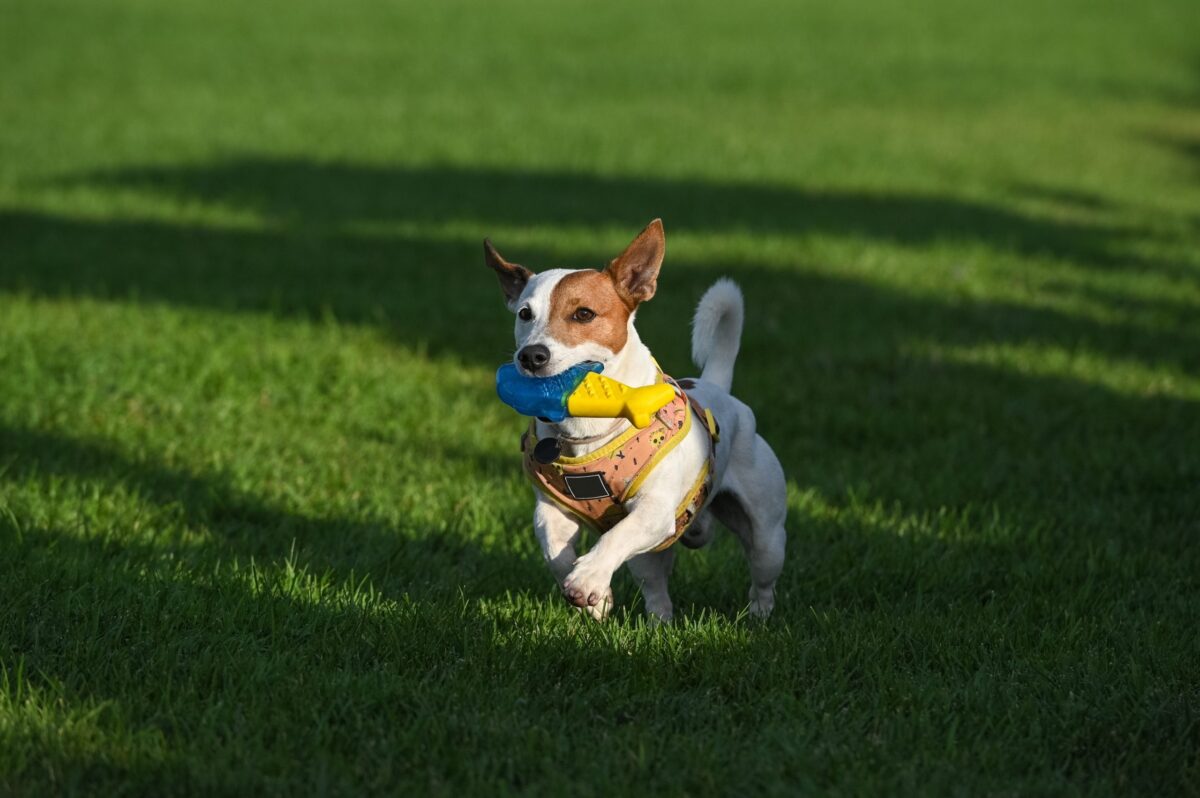

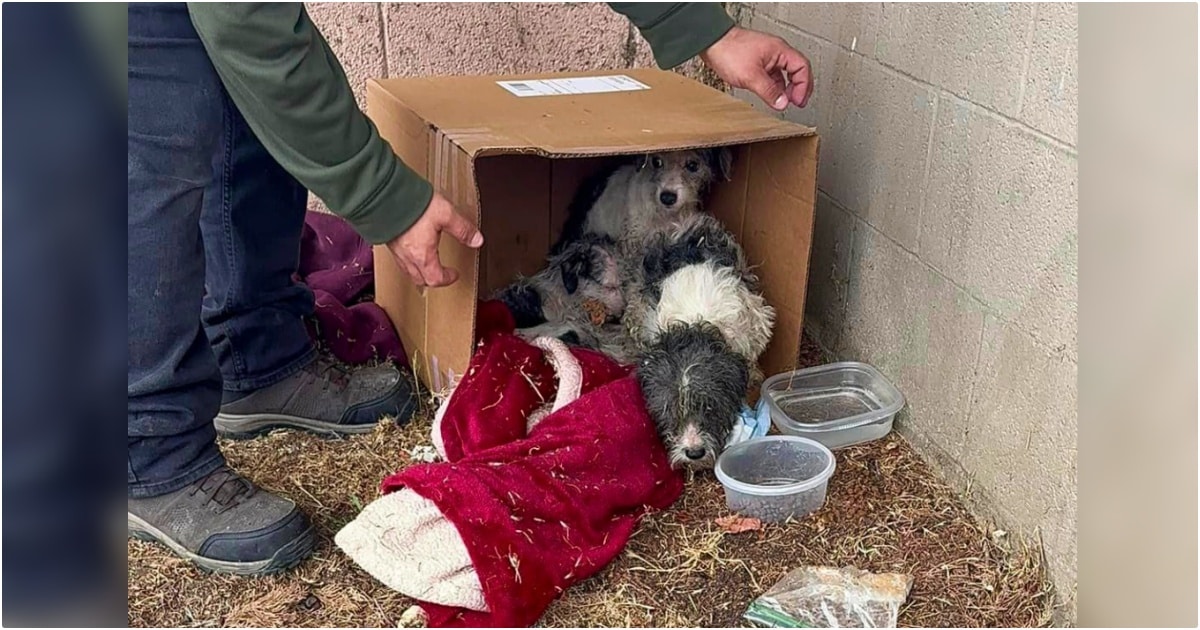
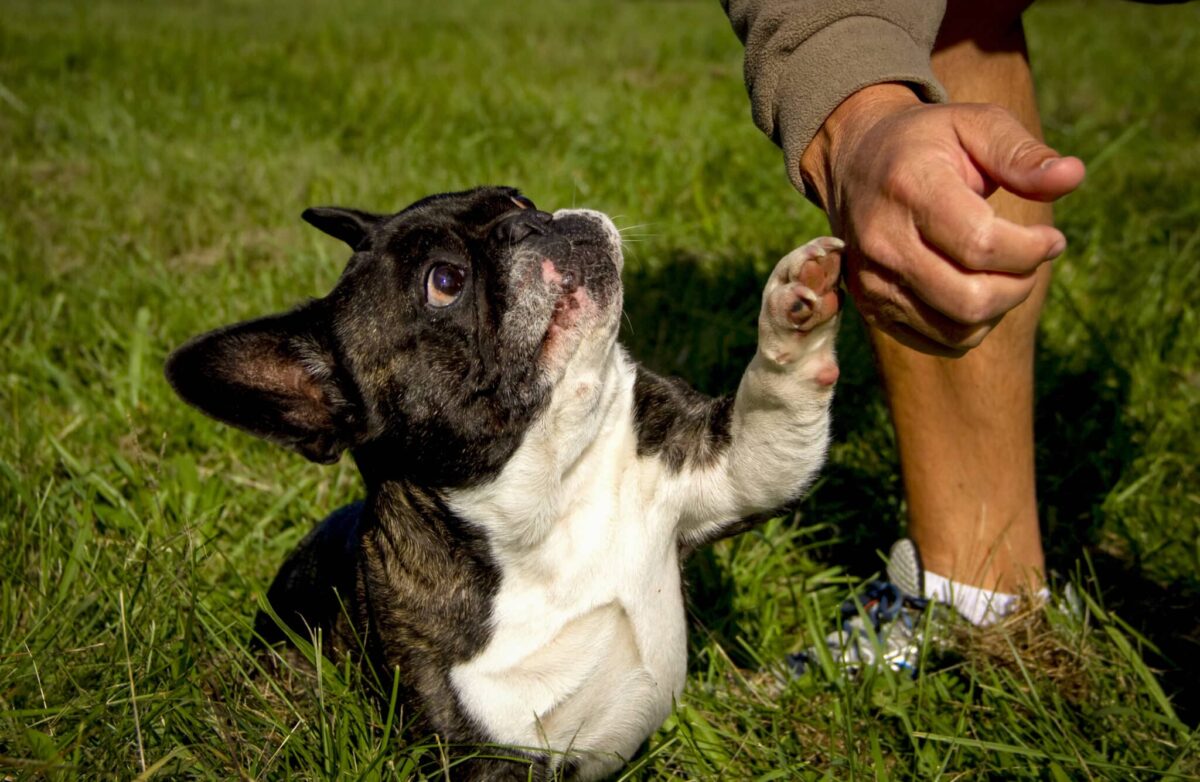
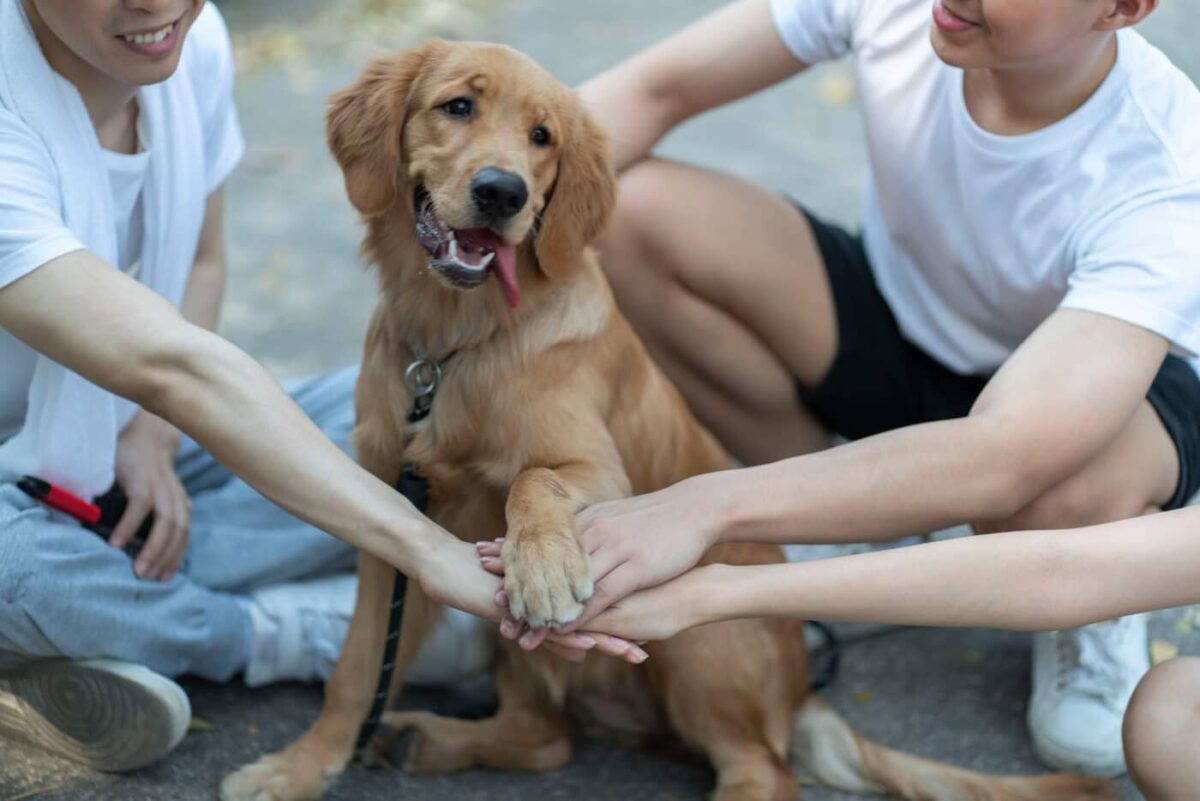
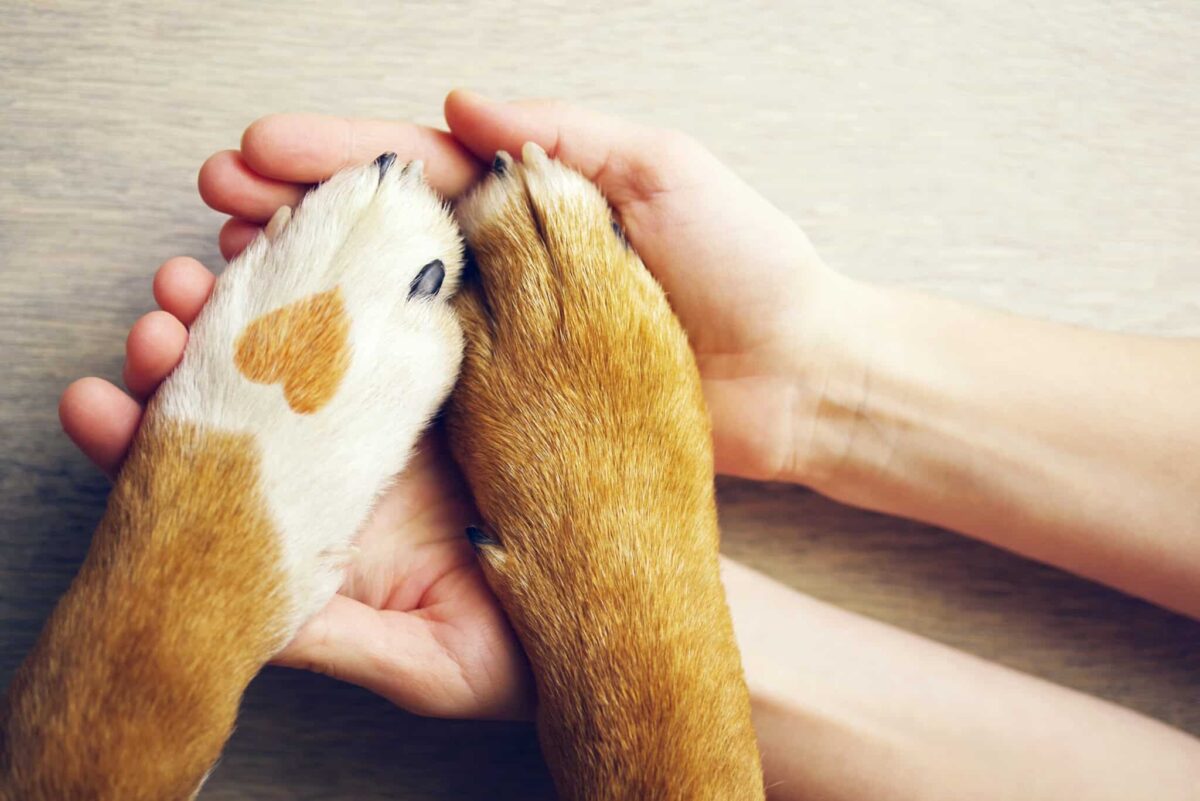
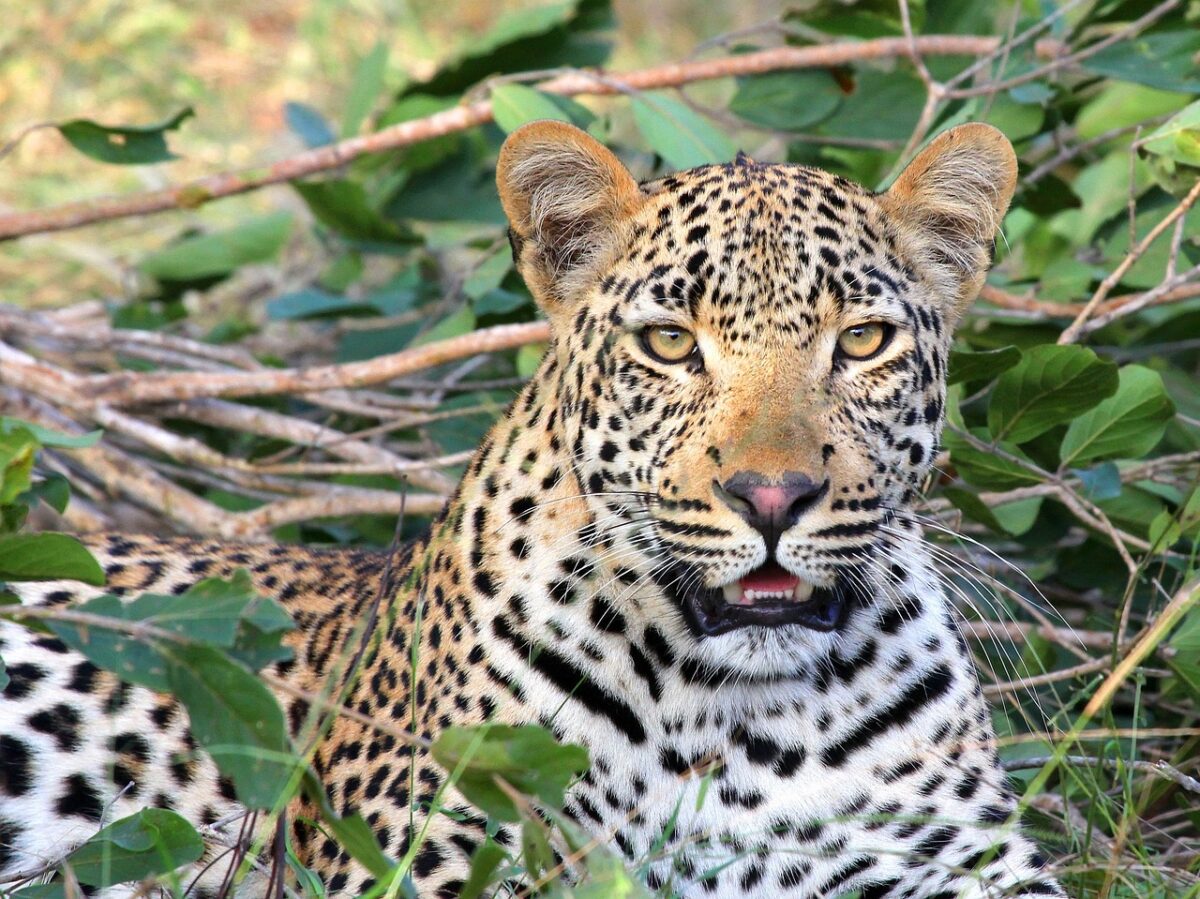



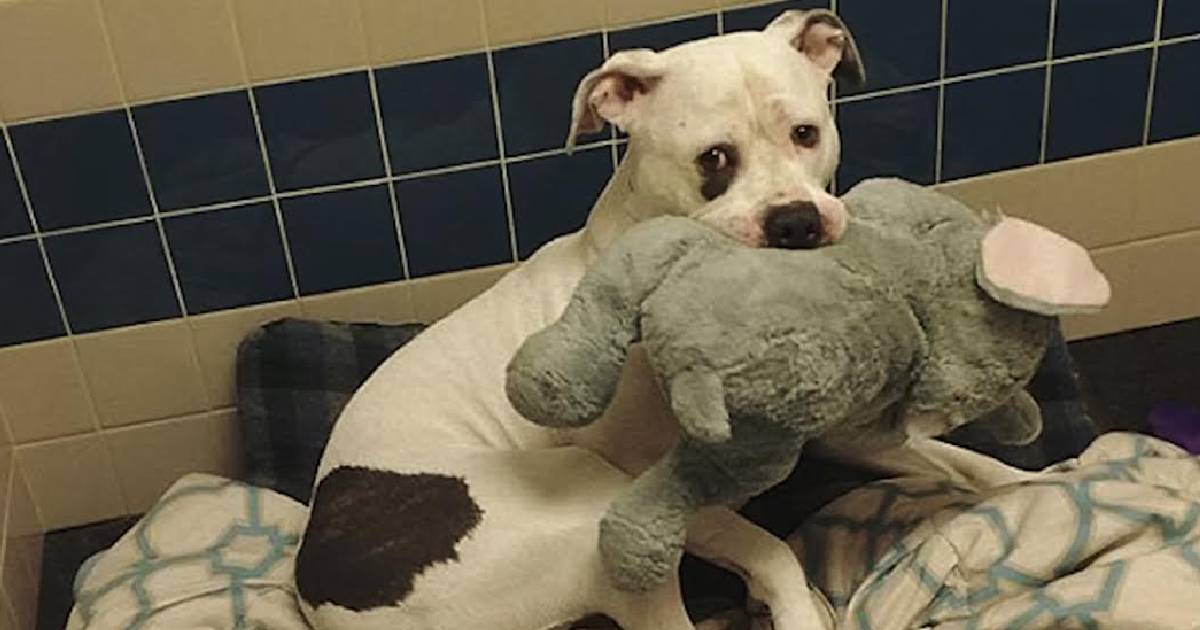
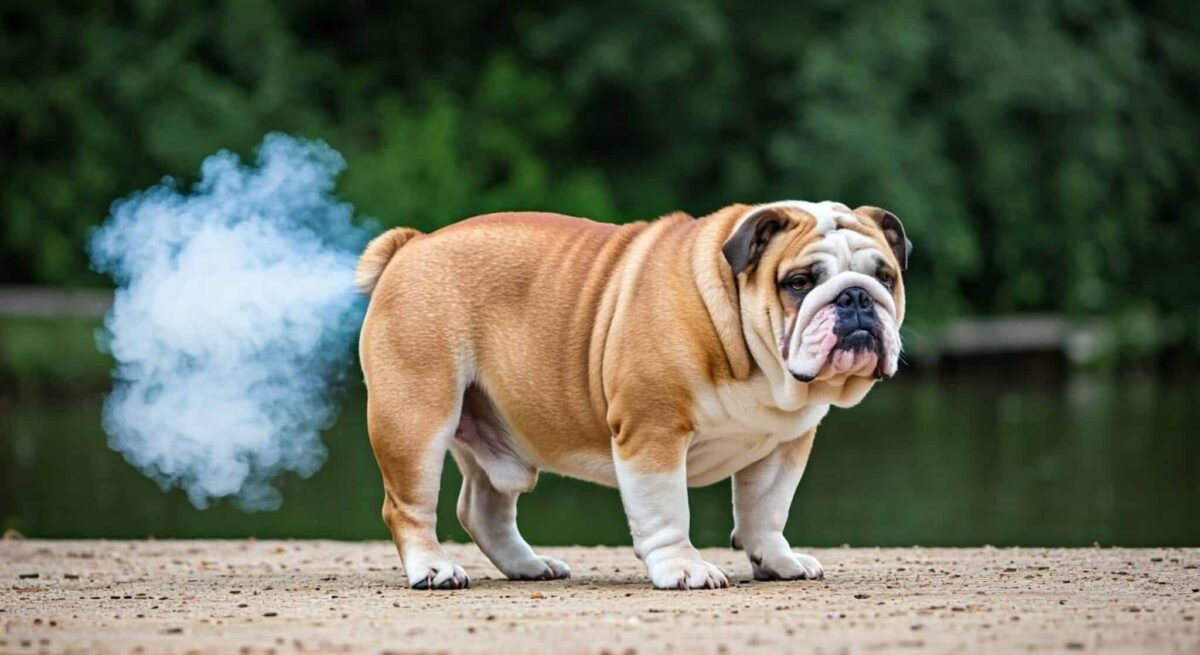

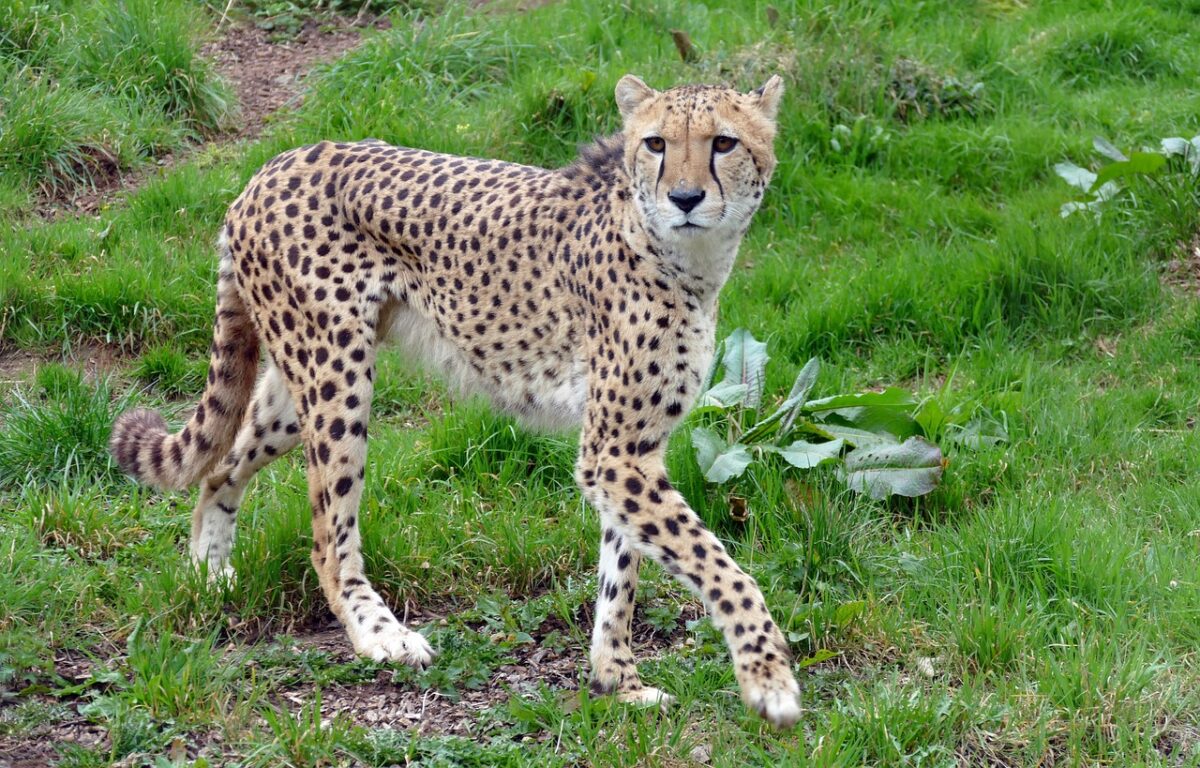
 English (US) ·
English (US) ·